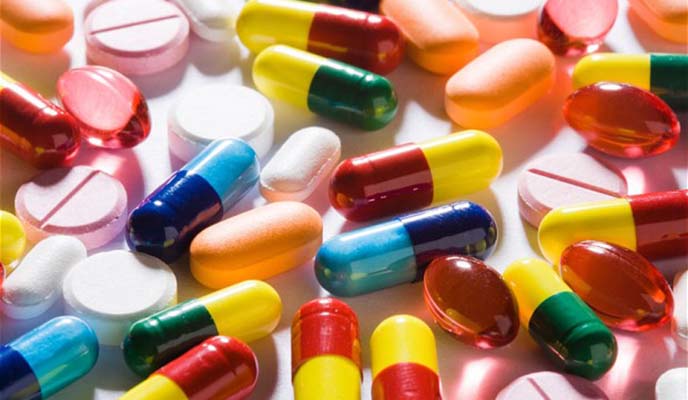
Government has availed $6,7 million out of the required $29 million by pharmaceutical companies to restock medical supplies that had run out, the Pharmaceutical Society of Zimbabwe has said.
BY XOLISANI NCUBE
The drug situation in the country is critical due to foreign currency shortages as 95% of the country’s medicines are imported, the society said in a statement.
“In the meantime, engagements with all stakeholders involved in the supply of medicines value chain are on-going and the Health and Child Care minister has advised the industry that the Reserve Bank of Zimbabwe had allocated $6.7 million from a total requirement of $29 million as of (11/10/18),” society president Portifa Mwendera said in the statement.
In recent weeks, most pharmacies refused issuing medicines to patients paying electronically and instead were demanding hard currency, a development that exposed many patients, particularly those on life prolonging drugs, to danger.
The few pharmacies accepting electronic payments resorted to charging higher prices, prompting Vice-President Kembo Mohadi to issue a warning against the pharmaceutical companies and other manufacturers of basic commodities against the practice.
Local drug manufacturing companies are currently operating below capacity and require approximately $45 million to retool, according to Mwendera.
“The Society is particularly pleased to note that there was also allocation to Natpharm to fund for public sector supplies and to local manufacturers so that they can also increase capacity to service local market and also export,” Mwendera said.
- Chamisa under fire over US$120K donation
- Mavhunga puts DeMbare into Chibuku quarterfinals
- Pension funds bet on Cabora Bassa oilfields
- Councils defy govt fire tender directive
Keep Reading
As a consequence of lack of foreign currency, about 90% of drugs in public hospitals are supplied by donors, while private pharmacies mostly rely on imports.
The biggest donors of medicines in Zimbabwe include the United Nations Children’s Fund, the UN Global Fund, US President’s Emergency Plan for Aids Relief and the United Kingdom’s Department for International Development.
The Pharmaceutical Manufacturers’ Association of Zimbabwe also confirmed the crisis and said in most cases the local drug manufacturing industry had been receiving just up to 20% of their monthly foreign currency requirements of about $2 million.











